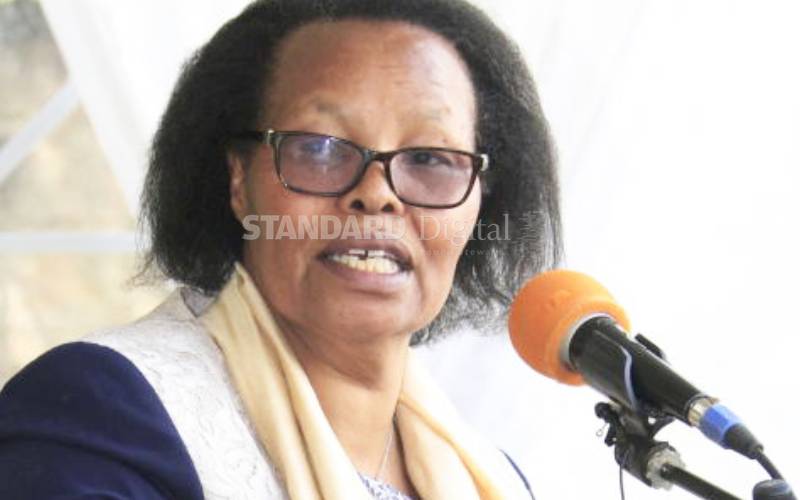×
The Standard e-Paper
Home To Bold Columnists

Kenya National Examinations Council (Knec) CEO Mercy Karogo in Nairobi. [David Njaaga,Standard]
Marking of this year’s Kenya Certificate of Secondary Education examinations was disrupted in two centres over low pay and poor working conditions.